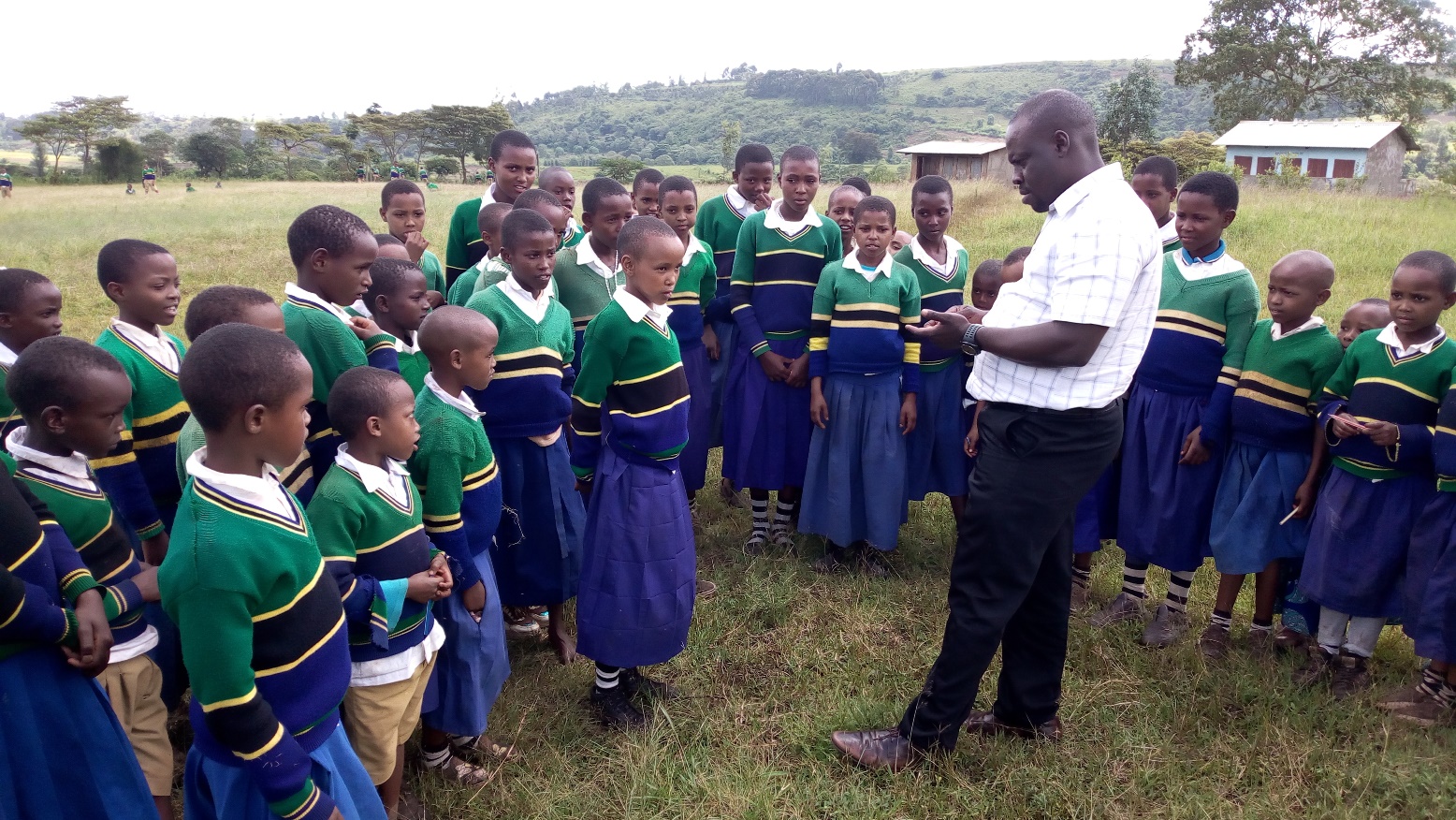SOCIAL JUSTICE

WHAT DOES STAWI DO REGARDING SOCIAL JUSTICE
STAWI works the joint responsibility to address systemic/structural poverty and inequality by promoting social justice in Tanzania. In doing so, STAWI has strongly emphasized the existence of a Social Justice Concept which focuses on shared responsibility for supporting the creation of justice institutions and institutional systems, for example creating a community of service providers that integrate socially with the service delivery system for people in need and giving them basic rights. Many would argue that this is the basis for any concept of social justice: it is about making social systems and structures more equitable, rather than seeking justice in individual cases; and taking positive action by the government (and other community leaders) to address structural inequalities
STAWI believes in social justice as well as a commitment to the view that:
i. The distribution of rights and the share of natural and social resources should be done equally throughout society.
ii. This goal should be achieved/managed by those in positions of responsibility in social, political, and organizations.
iii. Social justice is concerned and is in harmony with those who are disadvantaged and marginalized in society especially due to poverty.
iv. The structures of social justice are important and should be maintained as a key or means of achieving social justice.
Since there are different opinions about how to distribute social resources fairly within Tanzania communities. STAWI consider six different ways of the distribution right:
i. Equal rights (for intangible things such as freedom and education) and equal access to social goods and services, such as property, rights, and equality.
ii. Equal distribution, in equal proportions and equal rights for those with similar qualifications
iii. Equal distribution in equal proportions and equal rights for those with equal productivity
iv. Unequal distribution according to individual needs or requirements for different needs
v. Unequal distribution depending on individual situation or position
iv. Unfair distribution according to different “contract” agreements of providing services.
The emphasis on equitable access to justice in Tanzanian communities provided by STAWI reflects a social justice perspective that focuses on ensuring that people are not deprived of life and social opportunities (such as health care, housing, employment, education, and water, etc), on unfair grounds (such as race, gender, sexual orientation, age, and financial status). The importance of equal access to justice has been recognized in the Tanzanian and international human rights laws which collectively oppose discrimination and prohibit discrimination against persons on the basis of certain immutable values.
STAWI is more focused on providing services to those who are most in need of accessing or enforcing rights but lack resources (such as knowledge, faith, or money) to find solutions under human rights or anti-discrimination laws. . Therefore justice at the systemic or structural level is essential to enable individuals to acquire, claim and exercise their rights.
In higher level to acquire justice, STAWI also works with highly qualified lawyers to help with equitable access to justice by helping people who are unable to enforce their rights, law reform (ensuring that the rights of vulnerable people are available and protected by law), and society, informing vulnerable people about their rights and how to enforce them. For example, due to having lawyers representing the poor, more than 54 victims of sexual harassment were defended and gained victory in 2020.
Equality of access to justice cannot be achieved without analysis and a fair process of decision-making in societies. STAWI fosters adherence to procedural justice as refers to the fairness and transparency of the processes by which decisions in society are made prioritized through the principles of human rights. Although the justice process alone does not guarantee the results of social justice, a fair legal system and the appropriate process are essential to social justice because it provides a mechanism that everyone in society including government, NGOs support majorities and individuals.
STAWI believes that poverty is not so much a lack of income but a lack of resources that people use to live the life they value. In line with this view, STAWI as an NGO in collaboration with the Tanzanian government and other stakeholders works to build the capacity of the individual to take advantage and exercise justice, for example, to ensure that every Tanzanian has a minimum level of literacy and numeracy, and other skills including computers. From the perspective of this potential, in order for investment in Tanzanian communities to be more effective social justice initiatives will need to be more focused on the health and well-being of the people especially at primary – lower education level as the foundation in Tanzania.
STAWI manages this aspect of social justice by involving various stakeholders in managing and protecting social rights for people who will need extra help and support, regardless of education, economic status, training, encouragement, or coercion. The main target audience that STAWI is looking at are people who have serious problems in understanding or communicating or planning their daily lives. This includes many people who are unable to cope with extreme poverty, people with mental illness, disabilities, literacy, and other learning disabilities.
STAWI has built a reputation for itself and will continue to benefit from its legacy as an NGO in the areas of Leadership, Governance, Accountability, and Social Development in Tanzania and East Africa. STAWI also recognizes that there is a lot of untapped knowledge from cultures, regions, and generations to inform resilience techniques during socio-economic shocks and diversity in participation. Our current capacity on social justice and other knowledge we will develop will help us in our focus on the topic of Youth, Gender, and Climate Change, which is largely in line with the priorities of the Government of Tanzania.